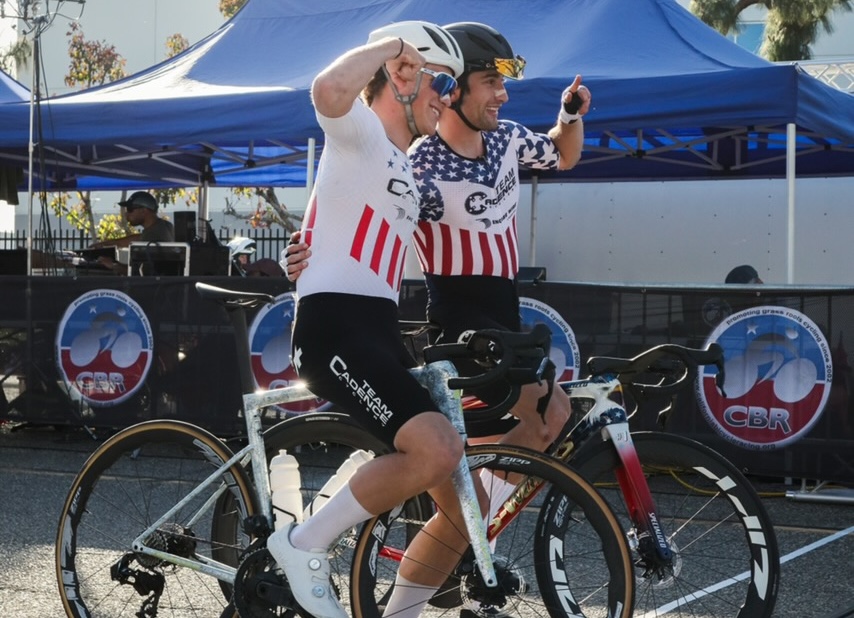Philippa York analysis: Ineos solidify Tour de France position as rivals toil
Alaphilippe plays both saviour and executioner during opening ten days
The latest race content, interviews, features, reviews and expert buying guides, direct to your inbox!
You are now subscribed
Your newsletter sign-up was successful
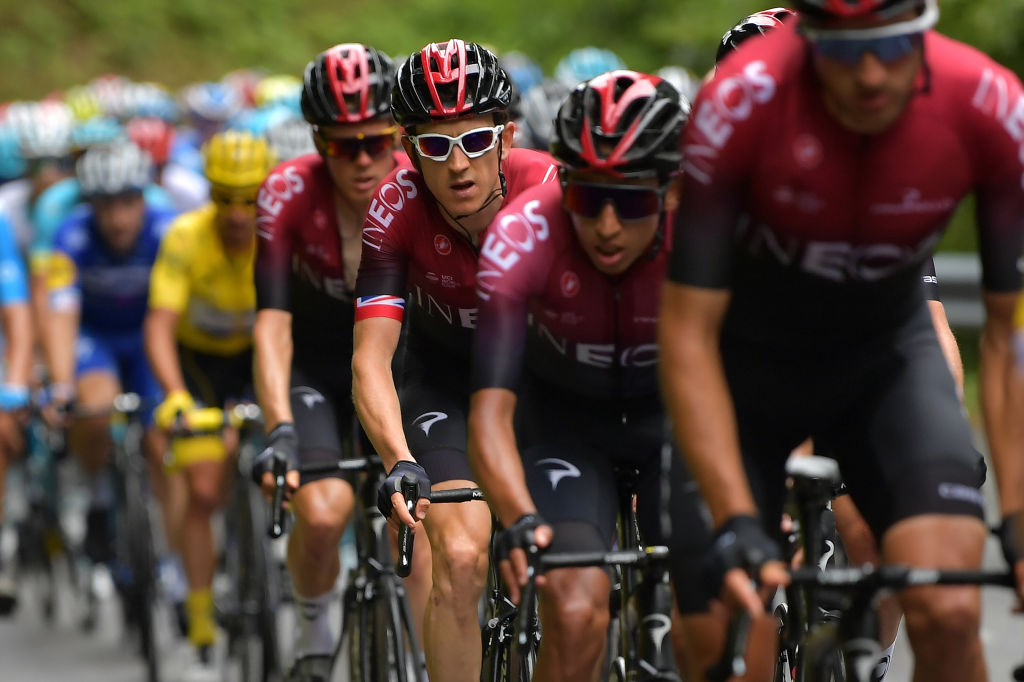

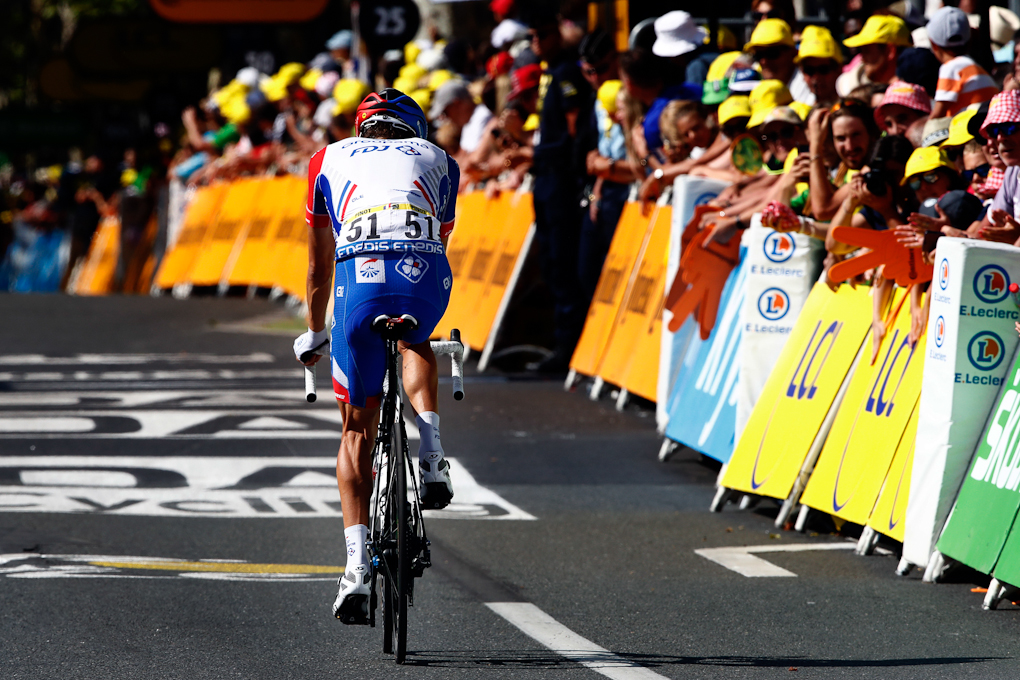
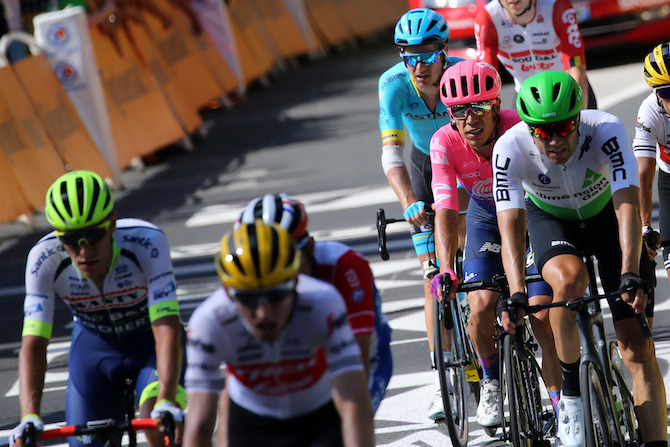
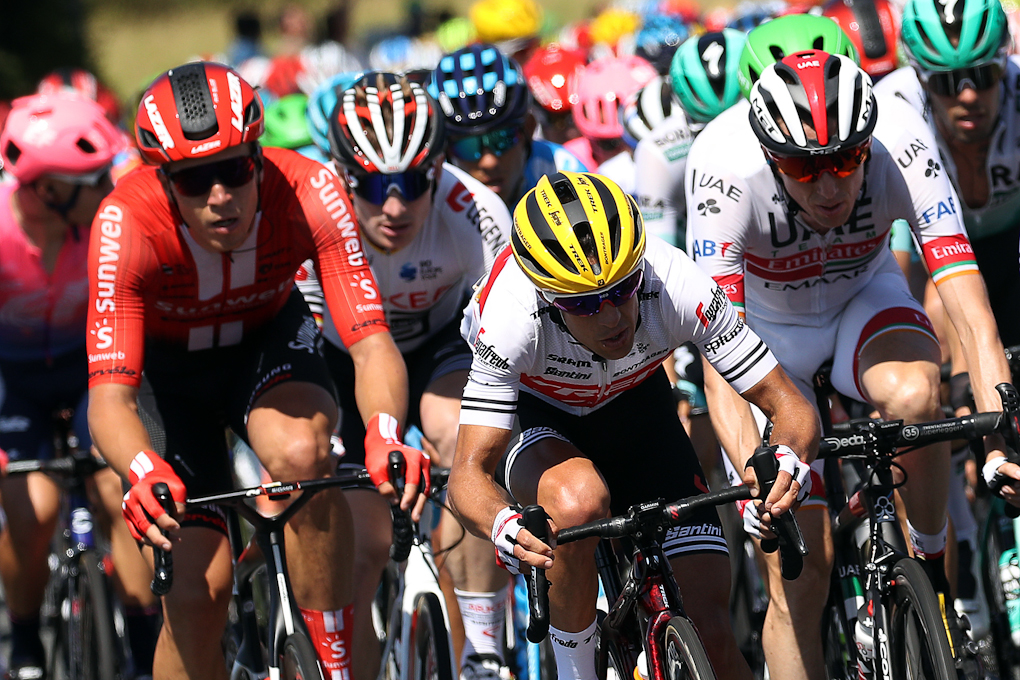
After nine days of sparring, the 10th day at the Tour de France provided the first real general classification body blows. Until the final run towards Albi the race had been about fine margins, and while there were time gaps in the team time trial, the finish to La Planche des Belle Filles and on stage 8 when Thibaut Pinot soared, stage 10 felt far more significant. Rather than form or skill, it was concentration that led the likes of Pinot (Groupama-FDJ), Rigoberto Urán (EF Education First) and Richie Porte (Trek-Segafredo) to surrender almost two minutes on a nominal sprint stage.
Philippa York analysis: Bardet's Dauphine sits on knife's edge
Philippa York: Losing Chris Froome changes the Tour de France for every team
Philippa York analysis: The unique Alaphilippe
Philippa York: The fun and panache seem to be missing from Nairo Quintana
Geraint Thomas: We have just one goal and it's winning the Tour de France
Once again, Julian Alaphilippe was in the thick of the action with his Deceuninck-QuickStep team joining forces with Team Ineos just as the crosswinds picked up. Alaphilippe, who had formed a key alliance with Pinot on stage 8, switched from savior to executioner in the blink of an eye. Alliances in cycling, and especially at the Tour de France don’t tend to last long, so when QuickStep put the hammer down and Alaphilippe pulled through to inflict as much damage as possible – both for the stage win and his GC prospects – there would have been no room for sentimentality. In fact, when Pinot’s name crackled through the radio I’m sure Alaphilippe and his crew would have pushed even harder. At least they tried to be merciful by putting Pinot out of his misery as quickly as possible.
After the stage, we saw a few teams that had lost time try and put a positive spin on the situation, but when you lose 1:40 on a day in which you should have ticked off without hardship, there's little room for sympathy and comfort. Some of the riders who lost time like Urán, Porte and Pinot will hold up their road books and point to the bountiful number of mountain stages still to come, but before they reach those lands they still have the time trial to contend with on stage 13.
To those that want to be brutally honest, the stage 13 individual test around Pau, with it’s 27.2-kilometre rolling terrain, could mean losing between one and two more minutes to the defending champion Geraint Thomas. Suddenly, those gaps could add up to between three or four minutes lost before the race reaches the Pyrenees. That’s not a game-over scenario by any means – a strong climber can chip away at that over a couple of mountains if the race comes down to a mano-a-mano fight, but it’s not as simple as that. It’s not just Thomas that’s in a position of authority, but his entire Team Ineos armada after they sailed to dominance on stage 10 and outmanouevred so many of their rivals.
Movistar still have Nairo Quintana in the game, and Michelton-Scott have Adam Yates, but the others are in a difficult place. Mikel Landa might have been an option for the Spanish team, but he's found himself in the position he always seems to be in when the important part of a grand tour comes along, namely chasing the race and trying to recover time he lost earlier.
What no-one will understand is the Movistar decision to send riders back to limit his loses when he was forced off the road, leaving Quintana in a precarious position with just Alejandro Valverde alongside him if anything happened. That was bizarre, and said a lot about their faith in the Colombian.
It wasn’t as questionable as sending George Bennett back for bidons when the crosswinds were picking up. However, the most spectacular collective fail has to be that of EF Education First, who had initially kicked off the crosswind battle. The team debrief at the end of that stage wouldn’t have been enjoyable for anyone on the bus. Elsewhere, at least Dan Martin and Romain Bardet learned from their moments of inattention in the opening days when they got caught out by splits in the bunch and had to use up resources coming back.
The latest race content, interviews, features, reviews and expert buying guides, direct to your inbox!
However, the riders ambushed on the road to Albi have no such excuses. They had to stick close to the Ineos leaders and they had plenty of warning beforehand of what might happen. When Alaphilippe put in the decisive accelerations they were just too far back. Maybe they were hoping to save energy, but ultimately it cost them more than if they had fought to stay up front, because whilst Pinot and company were flat out and still losing time to the domestiques from the strongest squads, the respective leaders in the front group did relatively little.
So here we are at the first rest day. We've been in this scenario before, the big favourites from the British super team sitting in the best place compared to their GC rivals. Minutes ahead and not remotely looking like cracking any time soon. The big question now is how long can Julian Alaphilippe keep up the show to sustain even a hint of suspense. He might survive the first mountain stage, however the time trial could well be the end of his reign but I doubt that'll change his outlook on racing. Thankfully.
Philippa York is a long-standing Cyclingnews contributor, providing expert racing analysis. As one of the early British racers to take the plunge and relocate to France with the famed ACBB club in the 1980's, she was the inspiration for a generation of racing cyclists – and cycling fans – from the UK.
The Glaswegian gained a contract with Peugeot in 1980, making her Tour de France debut in 1983 and taking a solo win in Bagnères-de-Luchon in the Pyrenees, the mountain range which would prove a happy hunting ground throughout her Tour career.
The following year's race would prove to be one of her finest seasons, becoming the first rider from the UK to win the polka dot jersey at the Tour, whilst also becoming Britain's highest-ever placed GC finisher with 4th spot.
She finished runner-up at the Vuelta a España in 1985 and 1986, to Pedro Delgado and Álvaro Pino respectively, and at the Giro d'Italia in 1987. Stage race victories include the Volta a Catalunya (1985), Tour of Britain (1989) and Critérium du Dauphiné Libéré (1990). York retired from professional cycling as reigning British champion following the collapse of Le Groupement in 1995.

